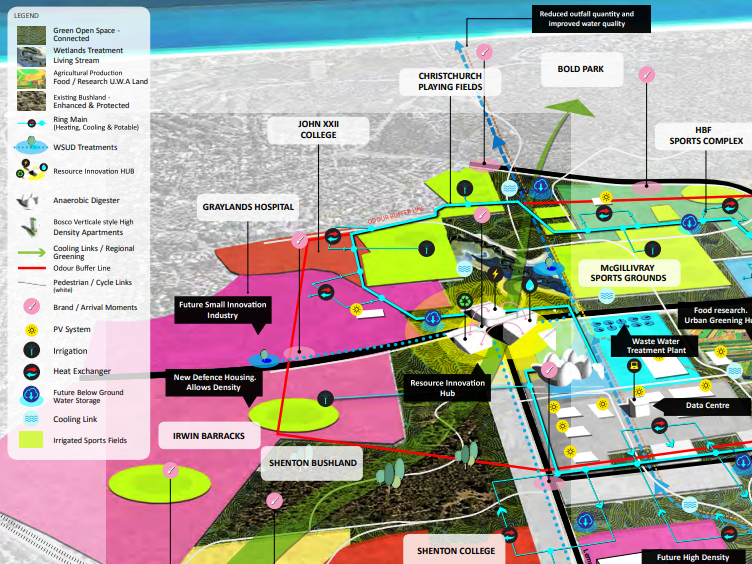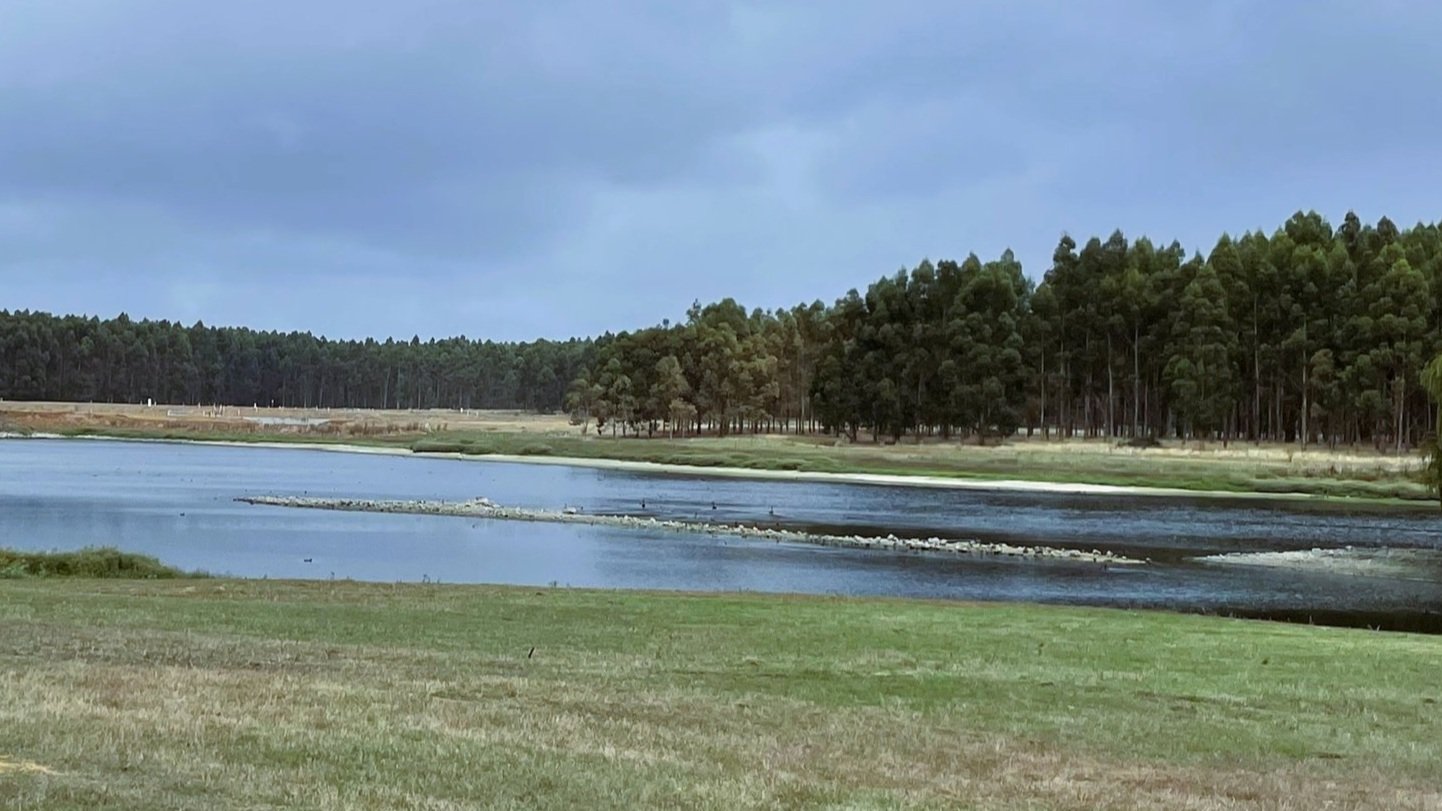
Resource Recovery Planning
Increasingly businesses and governments are pursuing Net and Negative Zero targets while seeking to reduce business and environmental costs of waste disposal and pollution. To achieve these objectives waste and resource recovery facilities, such as anaerobic digesters (AD), pyrolysis plants and composters, are being co-located with sources of wastewater and biomass such as wastewater treatment plants, landfills, abattoirs. Or they are being developed as standalone operations. Products such as recycled water, bioenergy and biobased fertilisers and soil conditioners are being developed for use in existing operations and for use by surrounding land uses.
Land Use Futures provides a number of services associated with pre-feasibility planning and business case development for waste and resource recovery facility planning including:
Supply side analysis of feedstocks such as wastewater and biomass in the catchment of existing and proposed facilities.
Demand side analysis of uses for products developed through resource recovery and processing including bioenergy and bio-based fertilisers and soil conditioners.
Planning and design of buffers and precincts associated with waste processing and resource recovery and processing facilities.
Regional scale analysis to support State and local government level economic development planning.
Some examples of projects we have undertaken are outlined below.
Analysis of bio-based fertiliser (dried digestate & biochar) demand
-

Supply side analysis
Mass balance analysis of solids (biomass) produced from red meat processors across Australia and potential dried digestate and biochar production from processed solids.
-

Demand analysis
Analysis of land use markets within a 50 kilometre demand catchment of each processor focusing on mining, forestry, municipal, NRM and Landcare related land uses.
-

Supply:Demand analysis
Analysis of potential demand / use of dried digestate and biochar production from each processor and comparison with nominal supply.
Local demand analysis for dried digestate & biochar
-
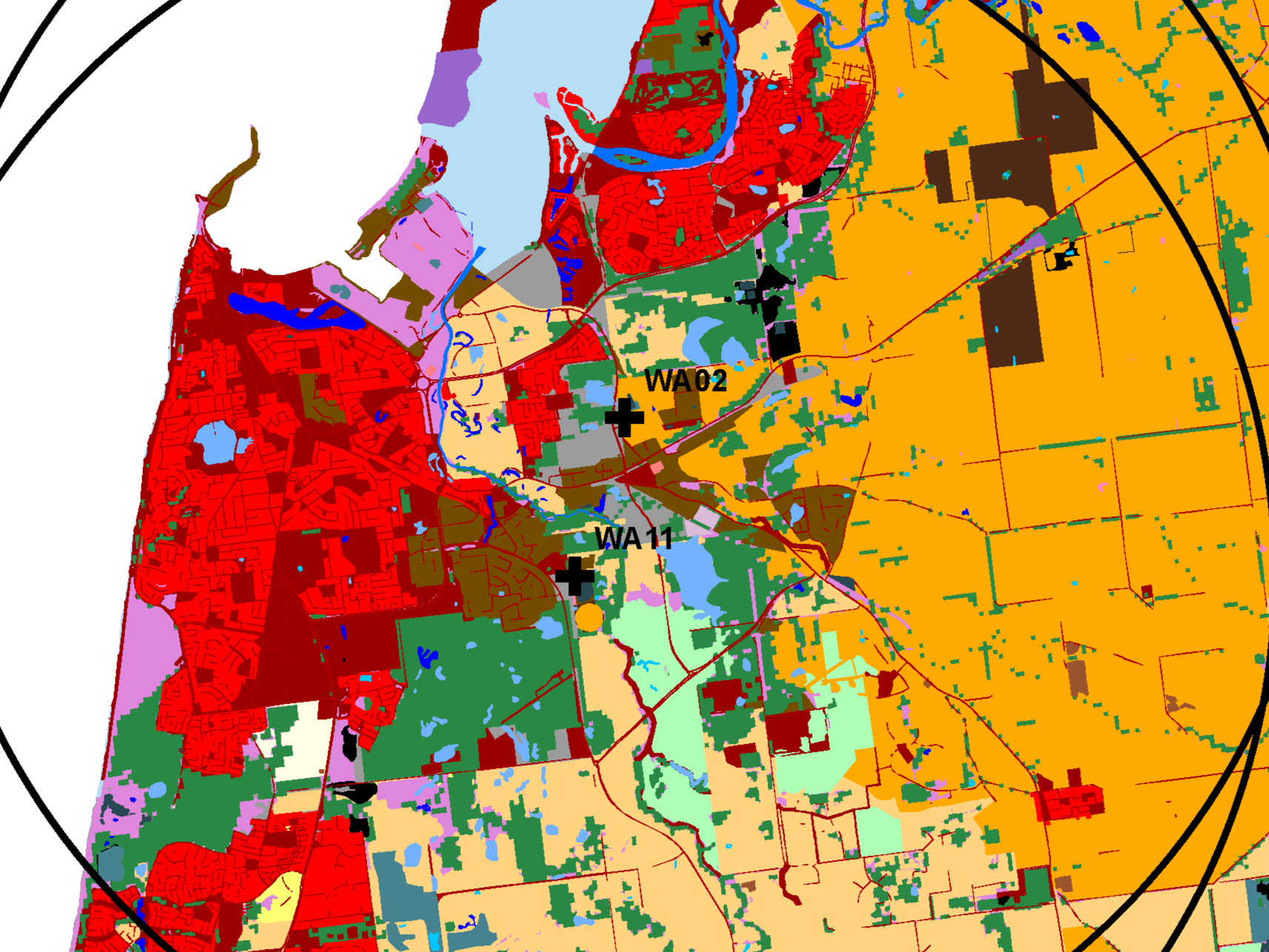
Demand side analysis
Demand side analysis of land use markets in the proximity of a proposed resource recovery facility.
-
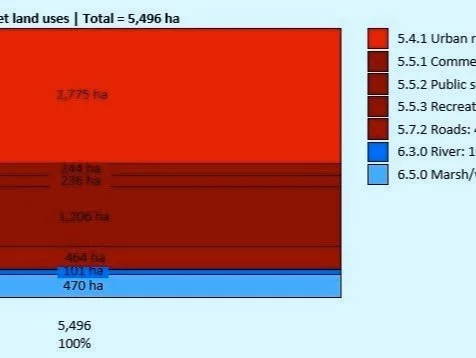
Analysis of land use markets
Analysis of the area (ha) of focus land use markets in the vicinity of the, resource recovery facility, focusing on municipal uses for bio-based fertilisers and soil conditioners.
-

Demand analysis for biochar & dried digestate
Analysis of potential quantities of dried digestate and/or biochar for municipal uses such as street trees, turf management, stormwater management (rain gardens) and landscaping.
Recycled Wastewater
-
Supply side analysis of recycled water availability
Analysis of recycled water supply from over 100 Water Corporation wastewater treatment plants (WWTPs) in Western Australia.
-

Demand side analysis for recycled wastewater use
Development of a ready reckoner which enables analysis of supply:demand for recycled wastewater from each WWTP for irrigation of trees, perennial grass, and bioenergy crops.
-
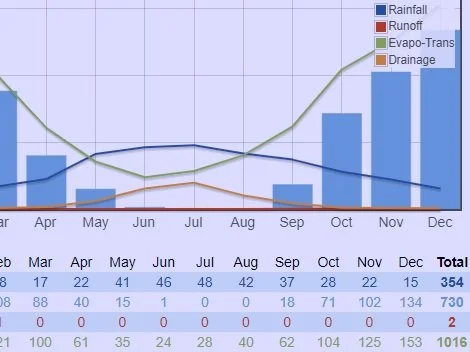
Nutrient and irrigation management planning (NIMP)
Water balance tool which enables optioneering of land use type with soil type (including amended soil) e.g. compost/biochar) and climate.
Resource Recovery Precinct
-

Circular Economy Precinct Visualisation
Development of the Strategic Resource Precinct aka Buffertopia concept for the Water Corporation and inclusion in the State Planning Strategy 2050.
-

Land Use Evaluation Matrix
Research and development of a matrix providing an overview of synergistic land uses providing inputs to or using outputs from water resource recovery facilities (WRRFs).
-
Circular Economy Precinct Masterplan
Management of a process to develop a conceptual plan for the Subiaco Water Resource Recovery Facility (WRRF) Strategic Resource Precinct which was gazetted in the local planning scheme.



